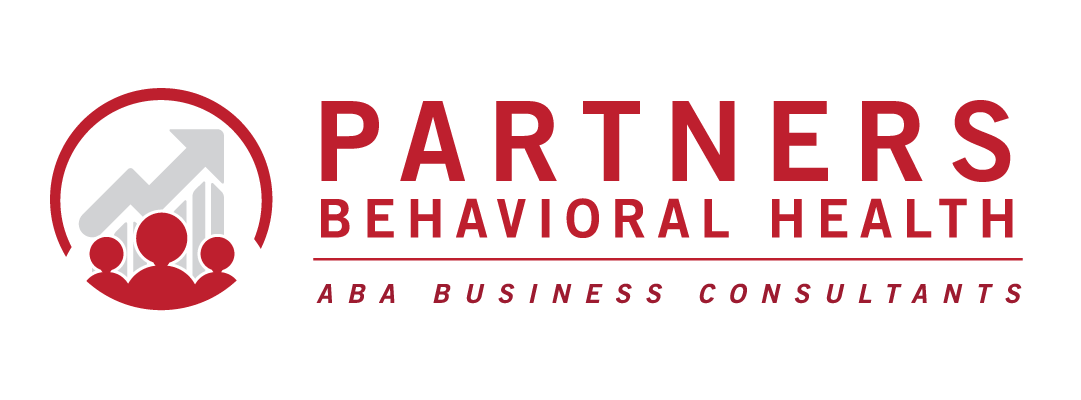All things considered, I don’t see the net benefit of requiring this expectation or even encouraging this line of thinking. It’s not that I don’t want the best quality of service for the people we serve. That could not be farther from the truth. It’s that I think there exists logical fallacies around the basis for this position. I want the best for those we serve, and the reputation of our profession, and I’m hopeful those who know my accomplishments as both a clinician and business person know that to be true.
Being a business owner is a distinct repertoire from being a clinician. There are important points at which these two may intersect, and I do agree they can compliment each other. However, that’s the extent of it. I’d sooner encourage entrepreneurs with aligned ethical interests to obtain support from professionals with the necessary experience and expertise in order to make meaningful and sustainable change, than to de-incentivize them from doing so – leaving the way for others whose interests may not align. That’s a big part of what drives us at Partners in fact – supporting entrepreneurs and industry leaders whose interests align with our mission, vision, and values.
Certainly for any business, being skilled in the specialty upon which the business is based has huge benefits. Industry knowledge, networks, and even operating under any applicable ethical or professional guidelines offer significant advantages.
However, proficiency in running clinical assessments like VB-MAPPs, functional analysis (FAs), and writing treatment plans are not necessary to run a business. Similarly, interpreting financials, managing employees, strategy, and other ownership skills aren’t necessary to do good clinical work.
If you want to become an expert in one – a business owner or a clinician – consider obtaining support, training, and experience in that area, by experts in that area. If you want to become an expert in more than one area, rinse and repeat. Very importantly, hire people with expertise in the other area(s) to support those specific functions. Hint: in most cases it probably shouldn’t amount to a team of exclusively behavior analysts, unless those behavior analysts are also experts in other domains.
Do we have data to show – or even a reasonable basis for thinking – that more years as a practicing clinician has a causal relationship upon ethical business decision making, and specifically in a way that is not attainable through some other path or course of action?
Although owners most certainly can and do influence culture, operations, and inevitably outcomes, being an owner is not inherently synonymous with actively holding those other roles and responsibilities within a company. That’s why we hire other and build a well rounded team.
Looking outside the field of ABA, some of the most successful entrepreneurs are not in fact trained in the field their company serves.
The following people are examples of individuals who have demonstrated effectiveness and success as leaders and entrepreneurs, both in healthcare and other sectors, and are not themselves explicitly trained as experts in the areas of their business services. Abhilash Patel, Fabien Beckers, Shireen Yates, Kelly L. Close, Michael Burcham, Mark Cuban and Mark Cuban Cost Plus Drug Company, PBC. This article is about entrepreneurs improving healthcare https://www.inc.com/drew-hendricks/20-inspiring-entrepreneurs-improving-health-for-all.html.
I think for entrepreneurs in our field to grow as effective and impactful healthcare leaders, we need to look at how others are doing this, and of course synthesize that with our industry expertise.
Until such time we have better reasoning for this position, I hope our professional community encourages people with aligned interests – ethical, quality standards, patient and family centered, evidence based – who are willing to take on the risk and challenges associated with starting a practice, to do so. Of course, it’s equally important to create a community that encourages people access the appropriate expertise to support their efforts to help ensure viable and sustainable plan. We wouldn’t want BCBAs or doctors any other profession the go exclusively to the university of Facebook, and with that in mind, I hope we encourage the same when it comes to business, since businesses performance and outcomes – particularly those in healthcare and education – extend in meaningful ways to all its stakeholders.
What do you think?
Brandon Herscovitch, Ph.D., LABA, BCBA-D
Partners Behavioral Health can help with your clinical and business standards, compliance, and outcomes. We can help you scale an ethical ABA practice you’re proud about.



